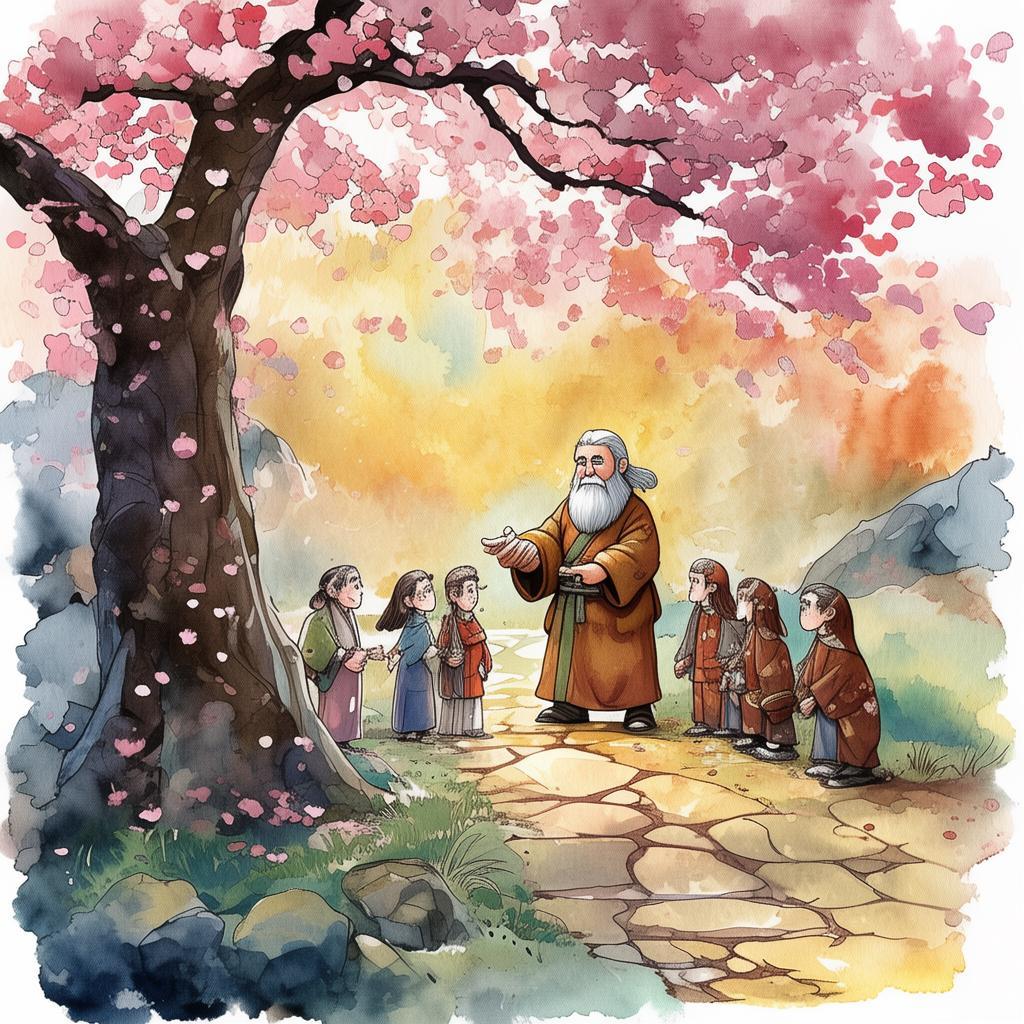The Pen That Forged the Revolution
In the ancient land of Suan, where the iron fist of the Tyranid Empire ruled with an iron will, the pen was more than a tool for writing. It was a silent witness to the suffering of the people. The ink was the blood of the oppressed, and the parchment, the soil from the graves of the fallen. Yet, within this oppressive environment, there lived a young scribe named Ling, whose life would intertwine with the destiny of his nation.
Ling was no ordinary scribe. His heart was as vast as the empire, yet as delicate as a spider's web. He was born into a family of scholars, but his spirit was forged in the crucible of rebellion. His father, a renowned historian, had chronicled the empire's rise, but he had also whispered tales of its impending fall. Ling absorbed these stories like the ink he poured into his quill, understanding that his words could either cement the empire's hold on power or pave the way for freedom.
One day, while working on his latest scroll, Ling stumbled upon an ancient manuscript hidden within the walls of his home. It was a collection of poems, songs, and stories that had been forbidden by the empire. They were the voices of the people, suppressed and forgotten. As he read the words, he felt a surge of energy course through his veins. These were not just words; they were the seeds of revolution, waiting to be planted in the fertile soil of the hearts of the oppressed.
Ling knew that to share these words would be dangerous. The empire's spies were everywhere, and a single word could be enough to send a man to the scaffold. Yet, he could not keep silent. He decided to use his pen as a weapon, crafting messages that would ignite the flames of rebellion. Each night, under the cover of darkness, he would write and distribute his clandestine missives, hoping that they would reach the hearts of the people.
The empire's response was swift and brutal. Spies were sent to track down the source of the rebellion. But Ling was clever, using his knowledge of the land and the empire's own network to hide his true identity. He became a ghost among the people, a whisper in the wind, a presence that could not be ignored.
As the missives spread, they began to stir the hearts of the oppressed. A woman in the eastern provinces, tired of the endless toil and despair, whispered the words of the pen to her fellow villagers. They gathered, their eyes filled with hope, and soon, a small rebellion was born. They called it "The Pen's Whisper."

The empire's leaders were thrown into a frenzy. They could not understand why the people were rising up. The answer was simple: it was the power of the pen. It was the words that had been forbidden, the stories that had been hidden, the truths that had been suppressed. Now, they were being told to the world, and the empire was crumbling under the weight of its own lies.
In the midst of the chaos, Ling was betrayed. One of the empire's spies had infiltrated his circle, and he was captured. The leaders of the empire, eager to crush the rebellion, brought Ling before them. They offered him a deal: he could save his life and return to his previous life if he would denounce the pen's whisper and betray his people.
Ling looked at the leader, his eyes filled with defiance. "You think the pen is just ink on parchment?" he asked. "It is the heartbeat of the people. It is the soul of Suan. And it cannot be silenced."
With that, the leader ordered Ling's execution. But as the executioner raised his blade, the people of Suan rose up in protest. The pen's whisper had reached them, and they would not stand by while their scribe was silenced. The empire's soldiers were overwhelmed, and the rebellion swelled. The pen had become the sword, and it had forged a revolution.
In the end, the empire fell, and the people of Suan gained their freedom. Ling, the young scribe, was hailed as a hero. His pen had broken the chains, and his words had liberate the oppressed. The empire's reign of terror was over, and the pen's whisper had become the song of Suan's new dawn.
As Ling stood before the people, he held up his quill, now broken but still capable of writing. "The pen may be broken," he said, "but the words will never be forgotten. They will continue to inspire us, guide us, and unite us. For the pen is the heart of our nation, and it will always be free."
✨ Original Statement ✨
All articles published on this website (including but not limited to text, images, videos, and other content) are original or authorized for reposting and are protected by relevant laws. Without the explicit written permission of this website, no individual or organization may copy, modify, repost, or use the content for commercial purposes.
If you need to quote or cooperate, please contact this site for authorization. We reserve the right to pursue legal responsibility for any unauthorized use.
Hereby declared.









